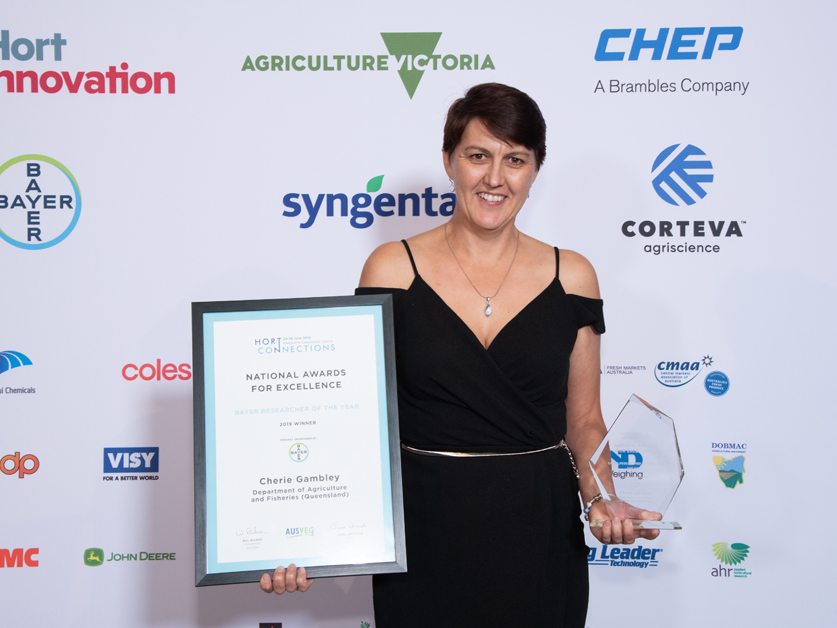Improving soilborne disease diagnostic capacity for the Australian vegetable industry – VG15009
10 March 2020
AUSVEG advocacy activities March 2020
10 March 2020Since graduating from the University of Queensland with a Bachelor of Science (majoring in microbiology) in 1994, Queensland Department of Agriculture and Fisheries principal plant pathologist, Dr Cherie Gambley, has conducted research across many Australian horticultural commodities, including vegetables.
Plant pathologists play a vital role in the vegetable industry and the wider horticulture sector, protecting these billion-dollar industries from pests and diseases and assisting growers in managing what has already reached our shores.
For over 20 years, Dr Gambley has worked across a variety of crops, including sugar cane, banana, pineapple, capsicum and chilli.
In that time, she has progressed from research assistant to Principal Plant Pathologist, as well as becoming group leader within the Horticulture and Forestry Science group of the Department.
She has has completed several projects for the vegetable industry, and is currently involved in ongoing projects listed here.

